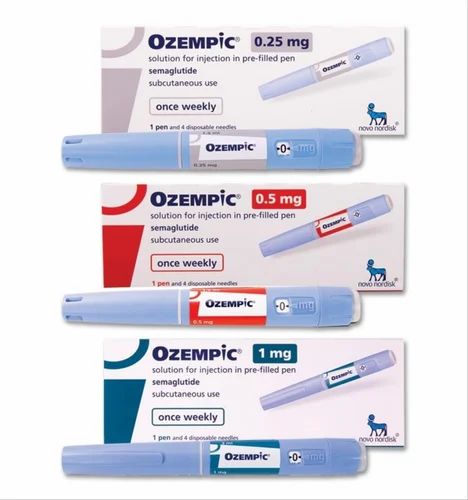Do You Offer Financing Options for Treatments?

Introduction
Medical treatments and procedures are essential for maintaining our health and well-being. However, the cost of medical care can be a significant burden, especially when dealing with unexpected or elective procedures. Fortunately, many healthcare providers and financing institutions offer various financing options to help individuals manage the costs of medical treatments. In this article, we will explore the importance of financing options, the different types available, and the factors to consider before choosing one.
The Importance of Financing Options
Financing options for medical treatments play a crucial role in ensuring that individuals can access the care they need when they need it. Here are some key reasons why these options are essential:
- Affordability: Medical allows individuals to afford necessary treatments without depleting their savings or financial resources. It ensures that healthcare remains accessible to all, regardless of their financial situation.
- Flexibility: Different people have different financial circumstances. options provide flexibility in terms of repayment schedules, interest rates, and eligibility criteria, making it easier for individuals to find a solution that suits their needs.
- Timely Access to Care: Some medical conditions require immediate attention. Financing options help patients get the care they need promptly, rather than waiting to accumulate the necessary funds.
- Choice of Healthcare Providers: Financing options empower patients to choose the healthcare providers and treatments that align with their preferences and needs, rather than being limited by financial constraints.
Types of Financing Options
There are several financing options available for medical spa near me . Understanding these options can help you make an informed decision when facing healthcare expenses. Here are some common types:
1. Personal Savings: Using your personal savings or emergency fund to cover medical expenses is the most straightforward option. However, it may not always be feasible, especially for significant or unexpected medical bills.
2. Health Savings Accounts (HSAs) and Flexible Spending Accounts (FSAs):
These tax-advantaged accounts allow you to set aside pre-tax dollars for qualified medical expenses. HSAs are typically associated with high-deductible health plans, while FSAs are offered by employers.
3. Credit Cards:
Using a credit card to pay for medical expenses is an option, but it can result in high-interest charges if not paid off quickly. Some credit cards offer promotional 0% interest rates for healthcare expenses.
4. Medical Credit Cards:
Specialized medical credit cards, such as CareCredit, are designed specifically for healthcare expenses. They often come with promotional options, but be cautious of high-interest rates if not paid within the promotional period.
5. Payment Plans from Healthcare Providers:
Many healthcare providers offer in-house payment plans. These plans allow patients to pay for their treatments over time, often with little to no interest.
6. Healthcare Financing Companies:
Companies like Prosper Healthcare Lending and LendingClub offer medical loans with fixed interest rates. These loans are specifically tailored to cover medical expenses.
7. Crowdfunding and Fundraising:
In cases of significant medical spa near me expenses, some individuals turn to crowdfunding platforms like GoFundMe to seek financial assistance from friends, family, and the online community.
Considerations Before Choosing a Option
Before selecting a financing option for your medical treatment, consider the following factors:
- The total cost of the treatment.
- Your current financial situation and credit score.
- Interest rates and repayment terms.
- Eligibility criteria for financing programs.
- The urgency of the medical treatment.
- Alternative sources of funding, such as grants or assistance programs.
Benefits of Financing for Medical Treatments
Choosing the right financing option can provide several benefits:
- Reduced financial stress.
- Access to necessary medical care.
- The ability to maintain financial stability.
- Improved overall well-being.
Risks and Disadvantages of Financing
However, it’s essential to be aware of the potential risks and disadvantages, which may include:
- Accrued interest charges.
- Impact on your credit score.
- Limited options for those with poor credit.
- The possibility of accumulating debt.
How to Apply for Medical Financing
Applying for medical financing typically involves the following steps:
- Research and compare options.
- Gather necessary financial documents.
- Complete the application process.
- Review the terms and conditions.
- Receive approval and funding.
Conclusion
Medical financing options provide a lifeline for individuals facing healthcare expenses. They ensure that healthcare remains accessible and affordable, enabling individuals to prioritize their well-being without compromising their financial stability. However, it’s essential to research and choose the option that best aligns with your needs and financial situation. By making informed decisions, you can access the care you need and protect your financial health simultaneously.



